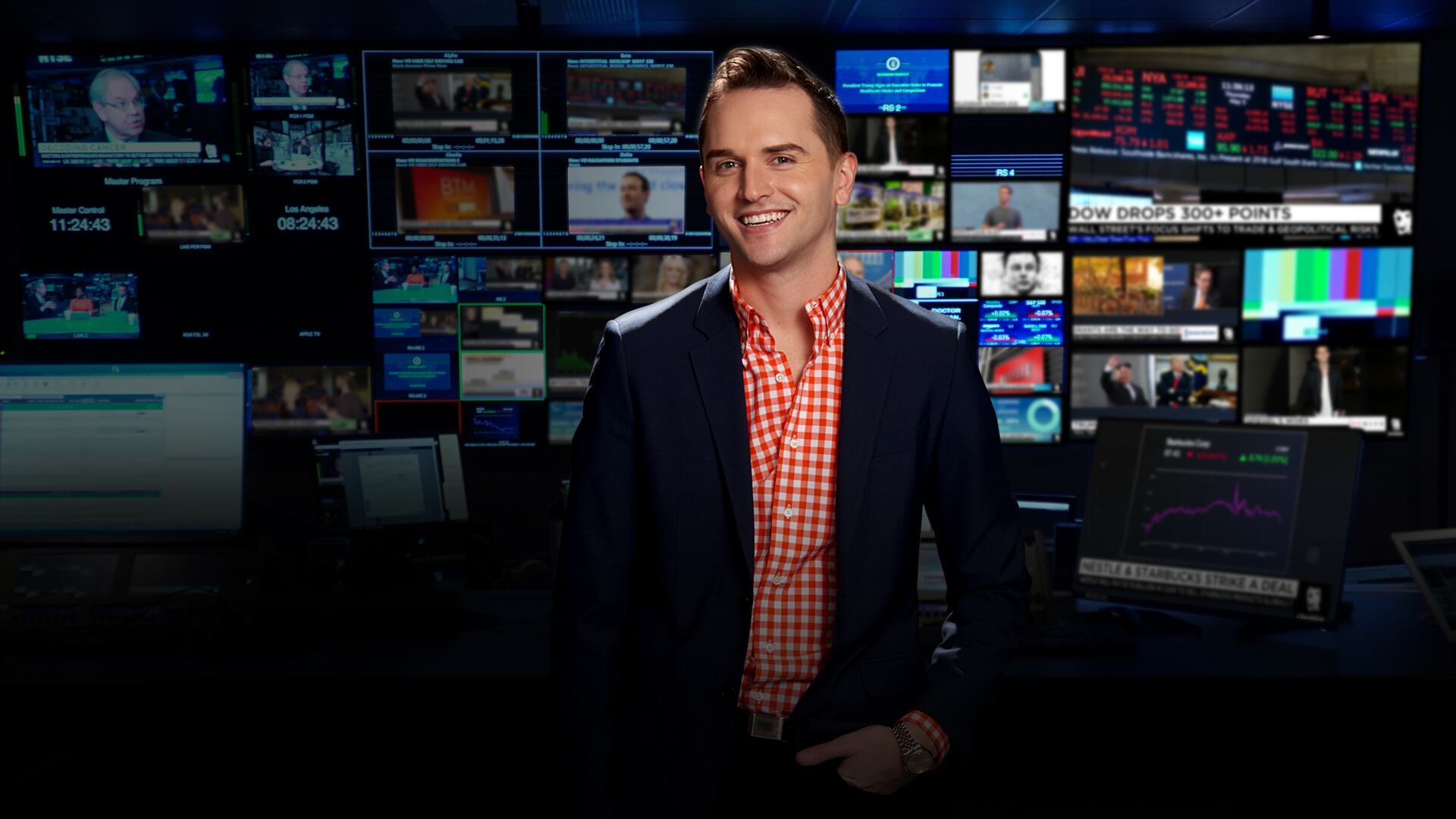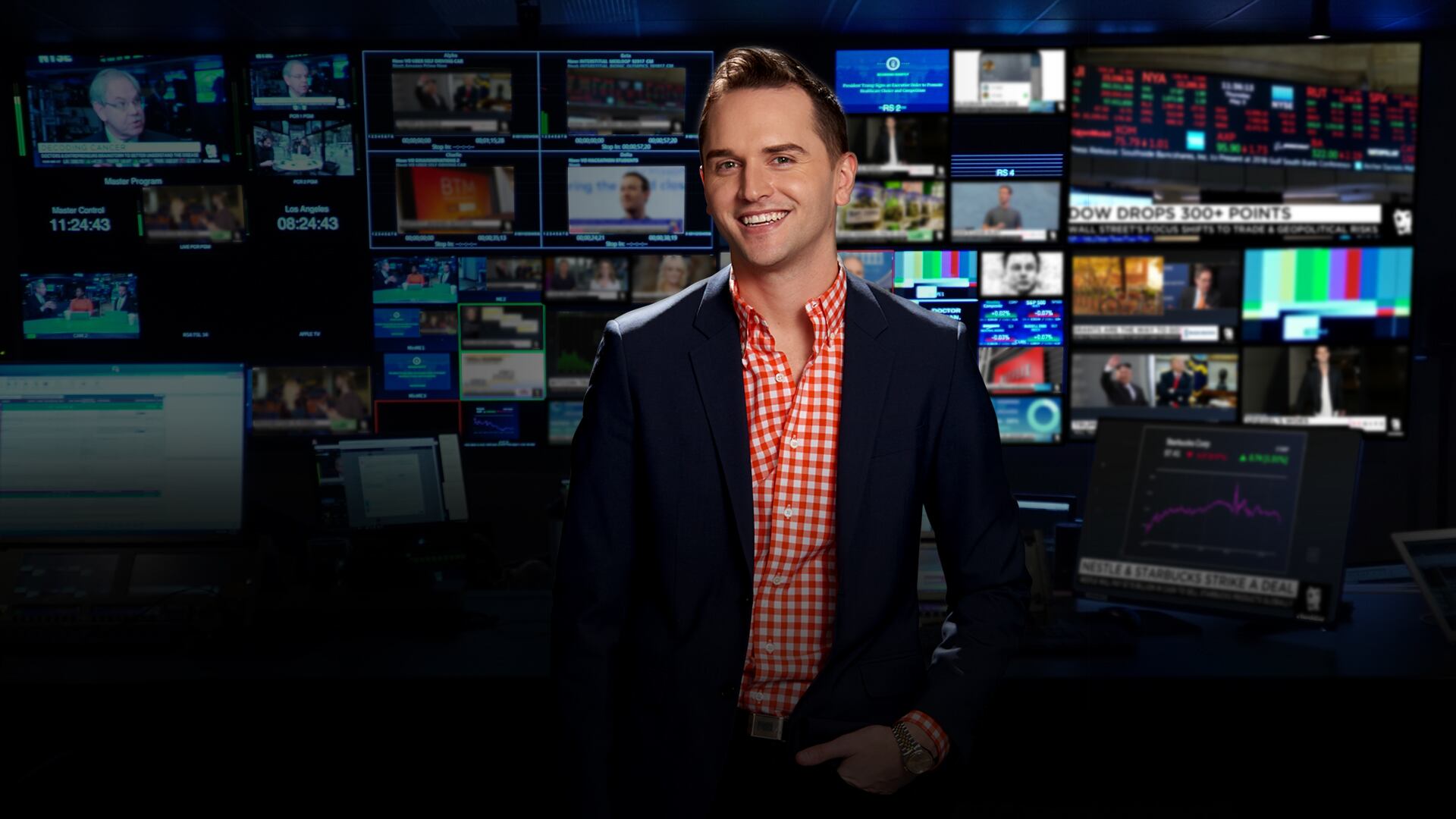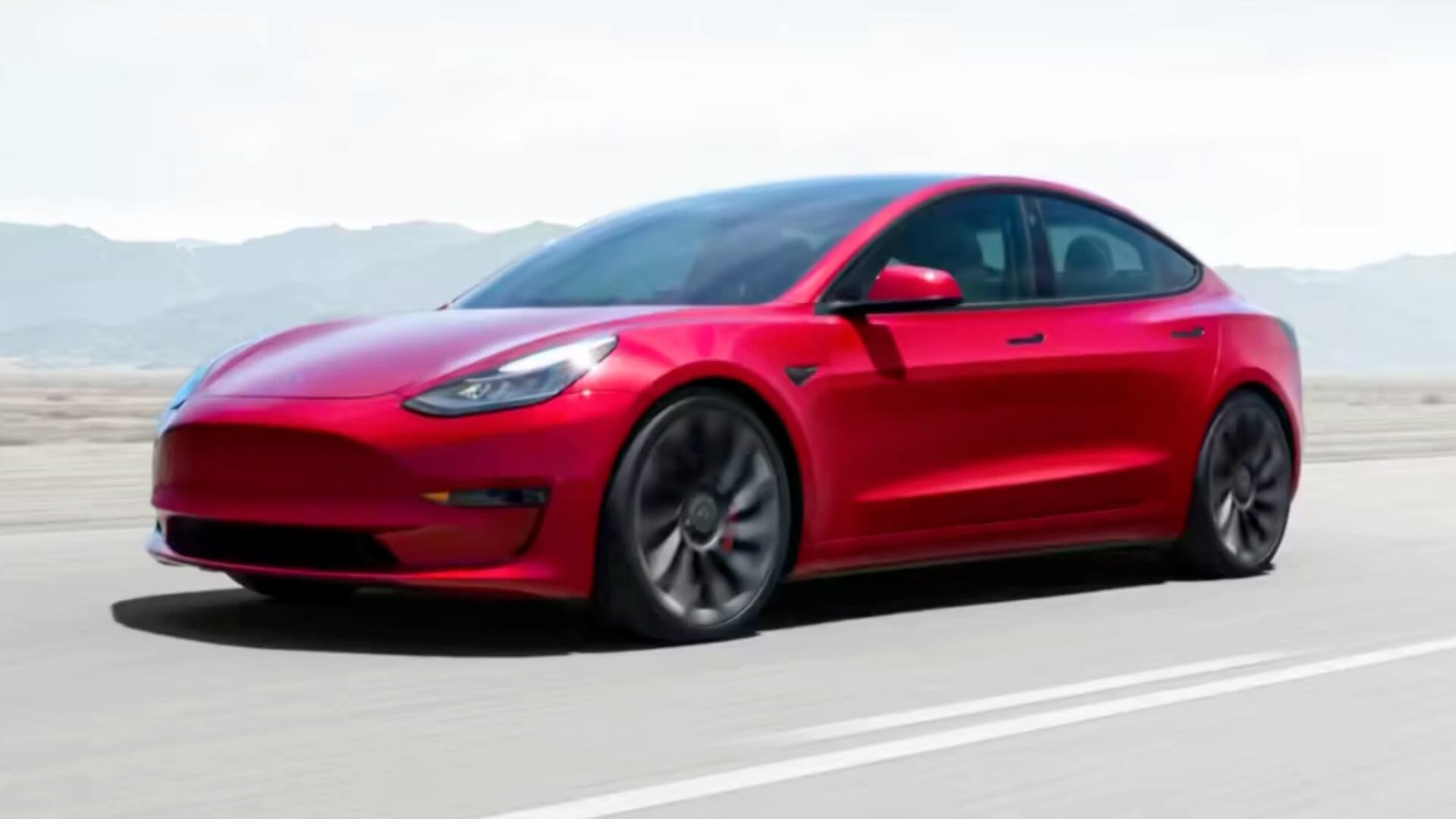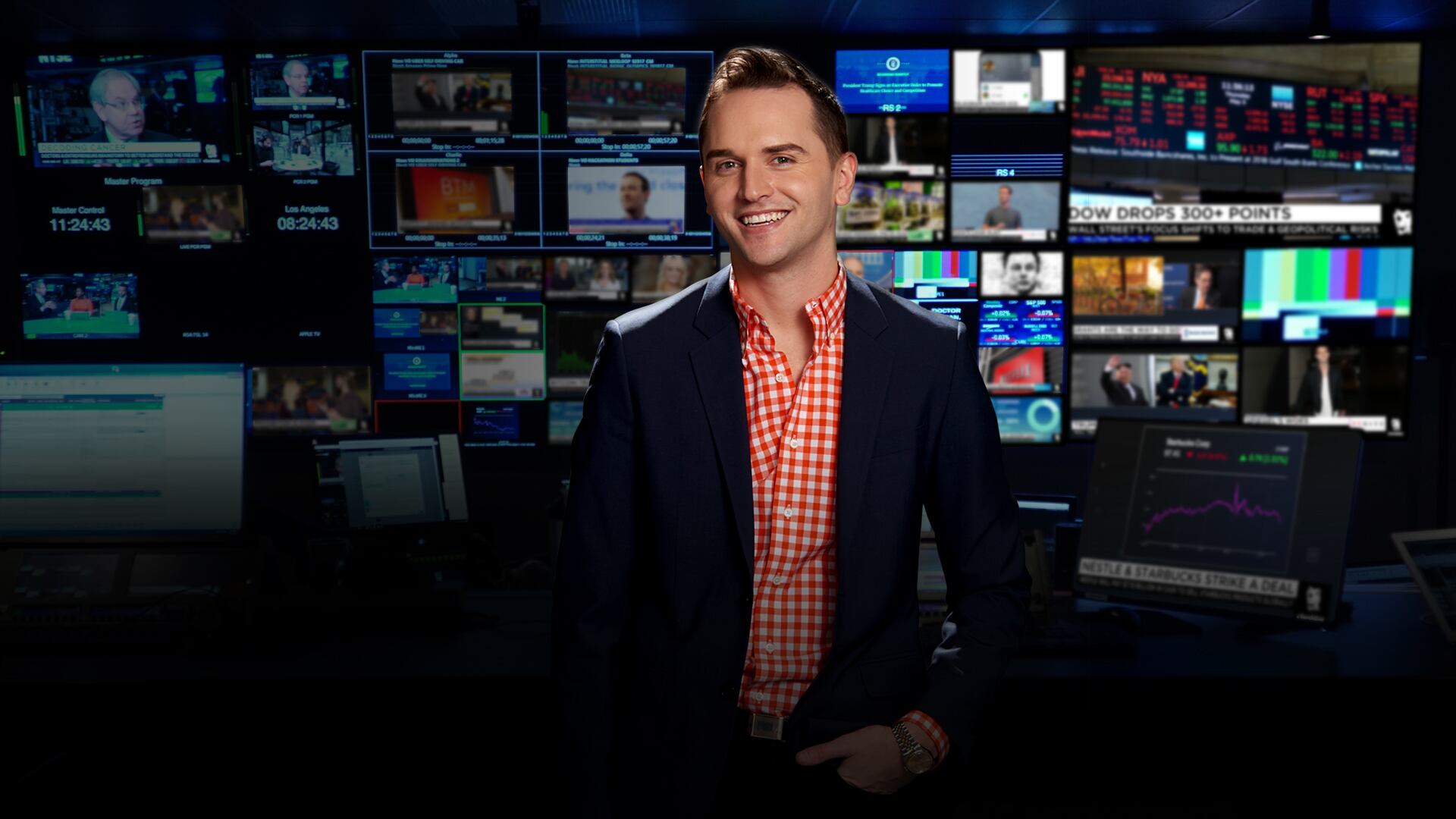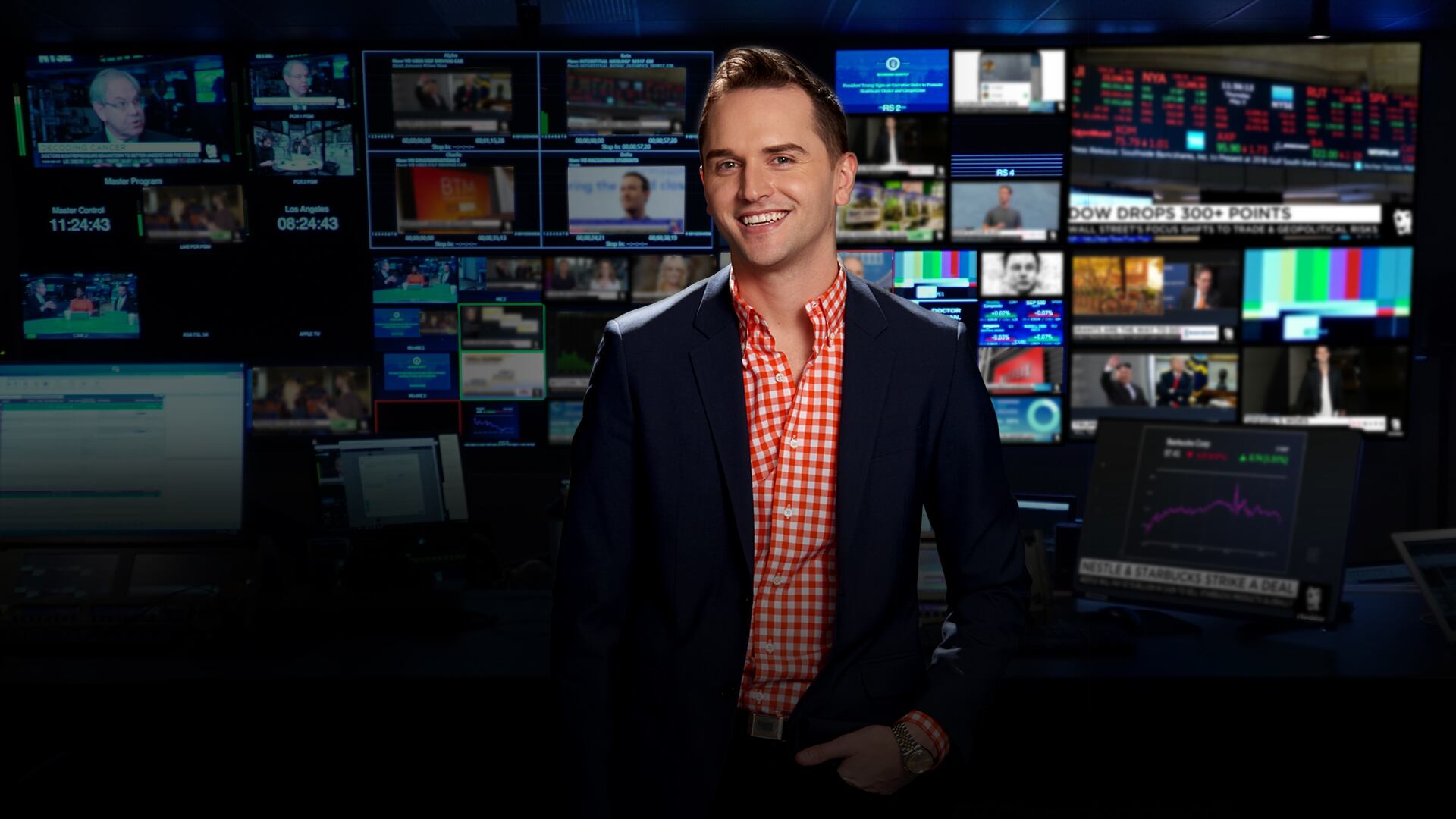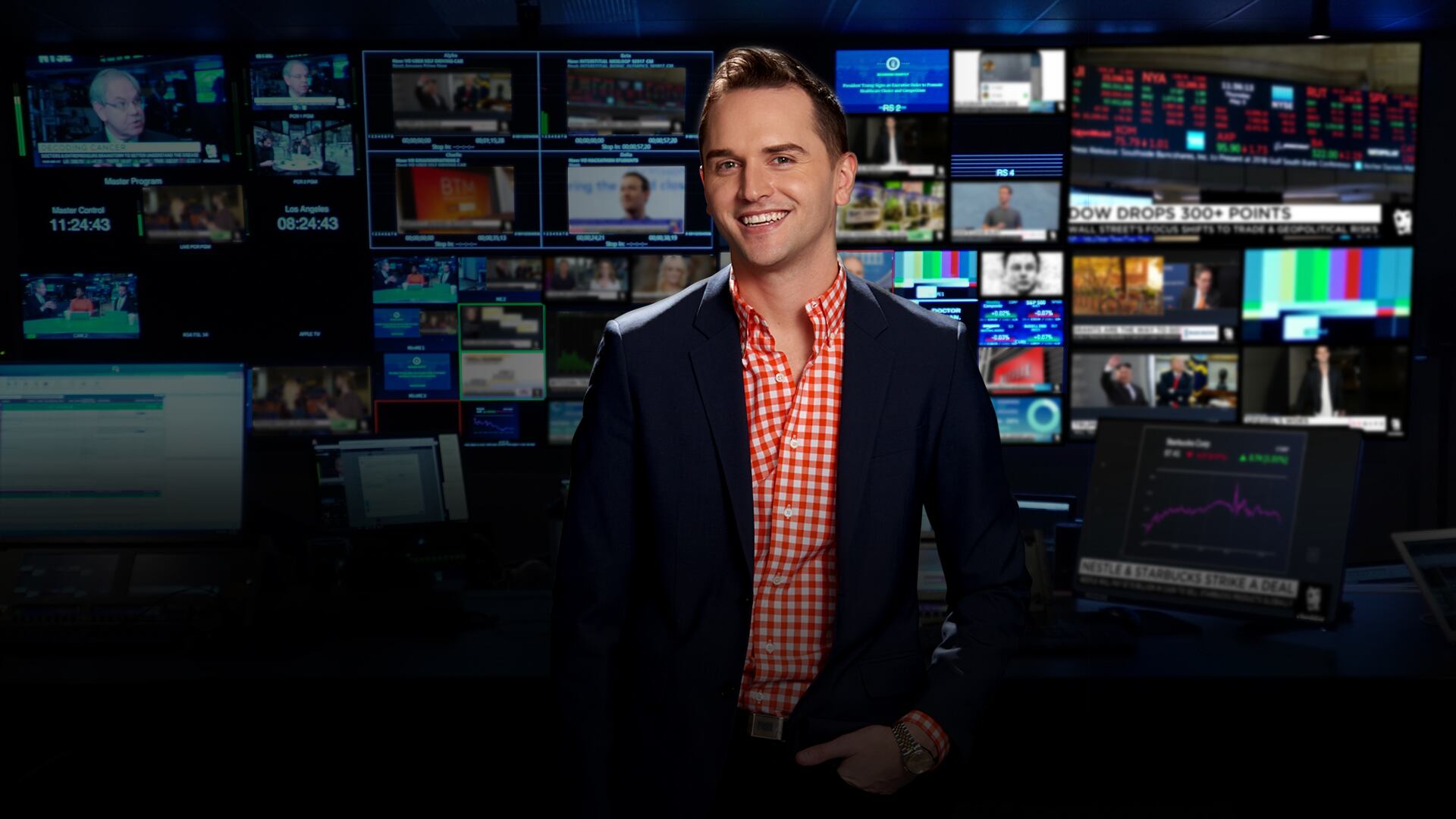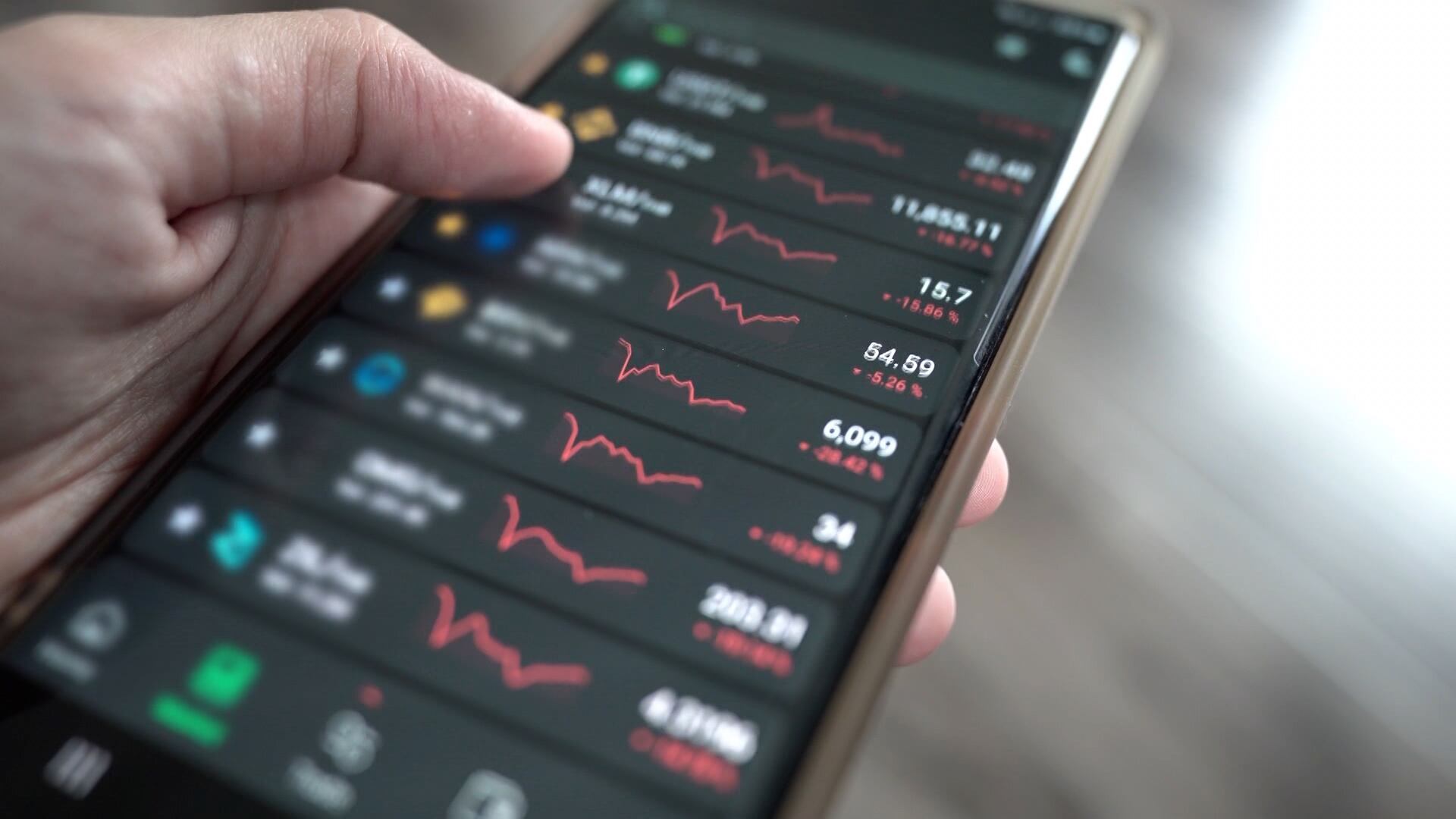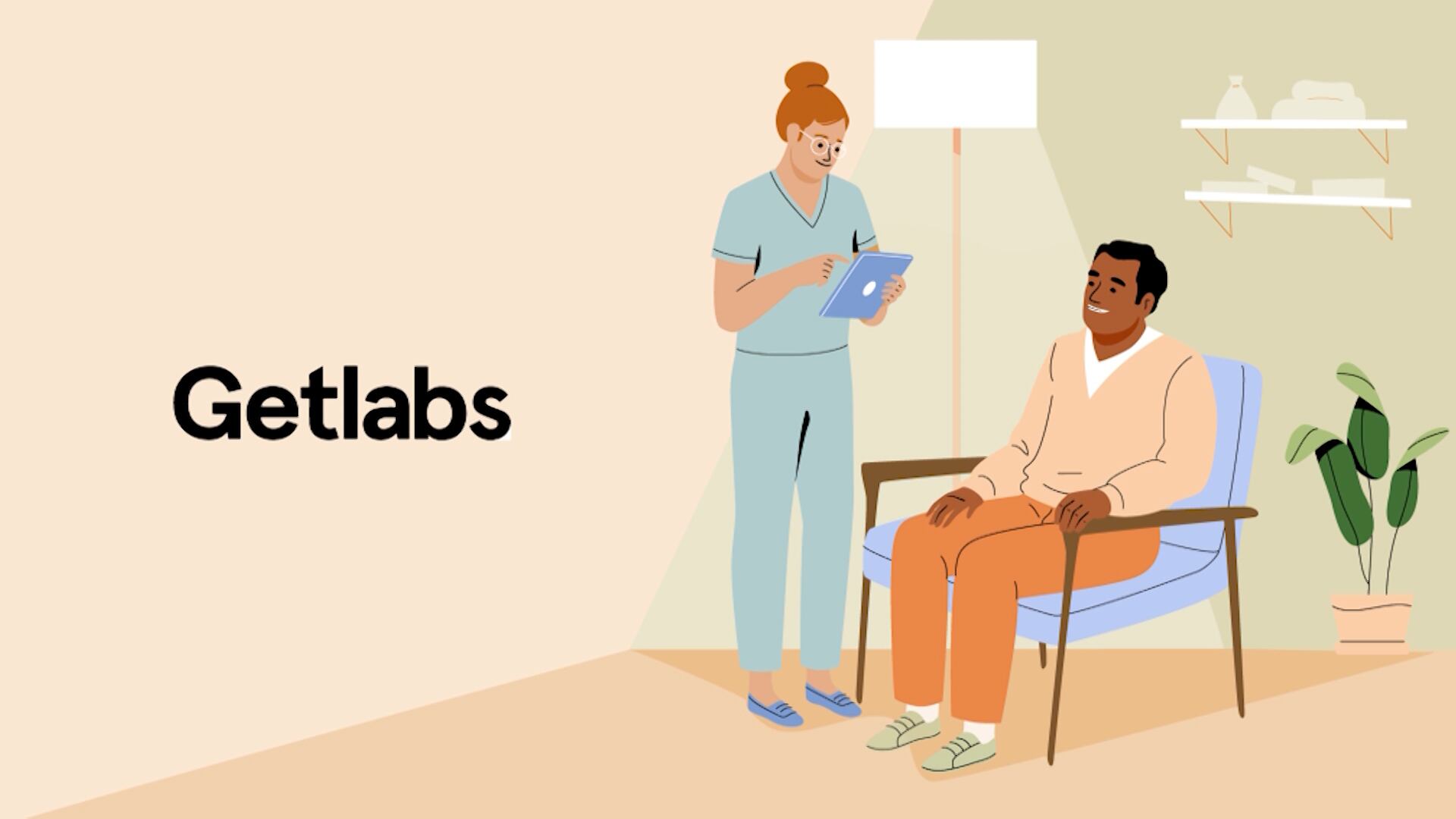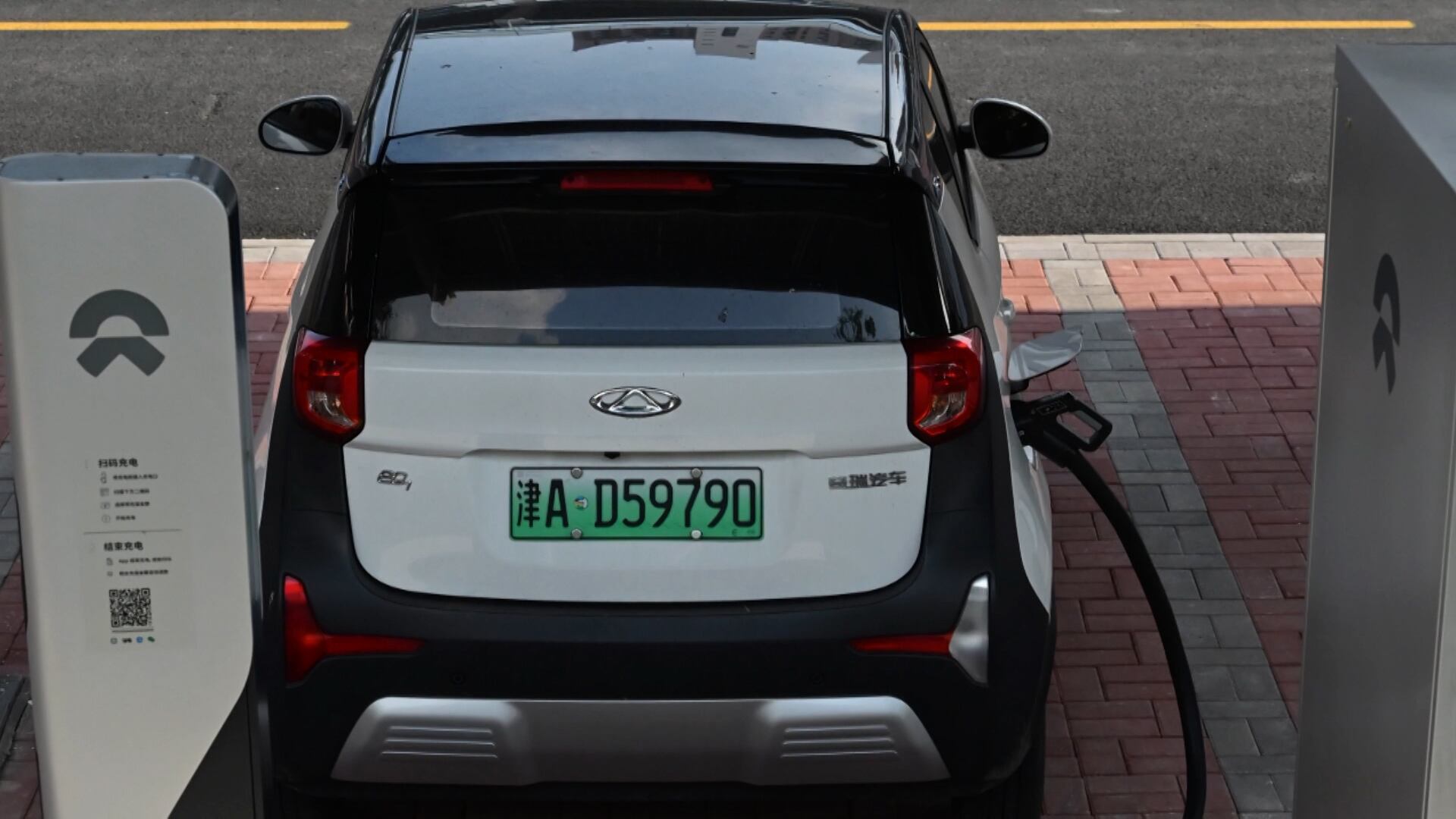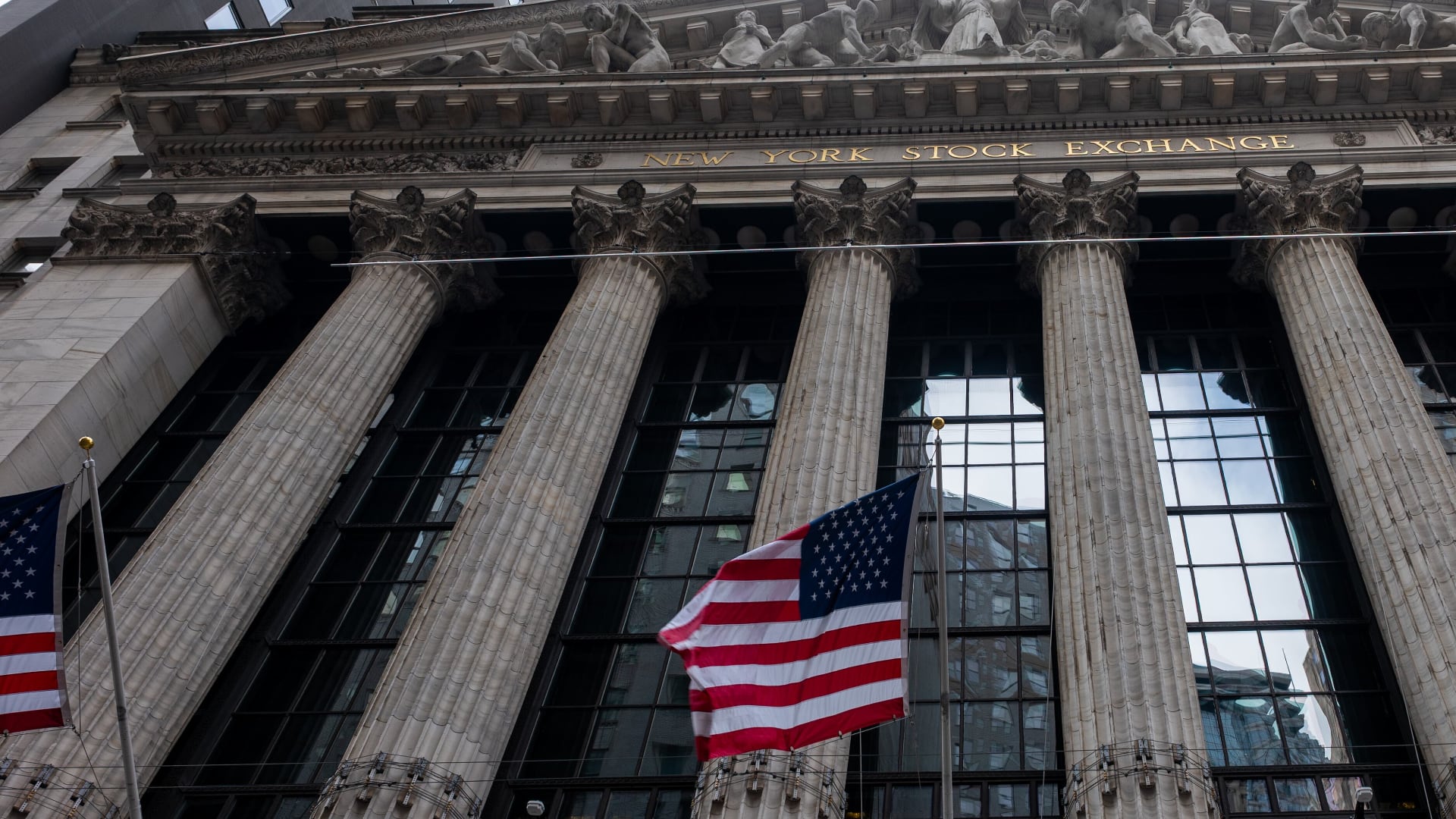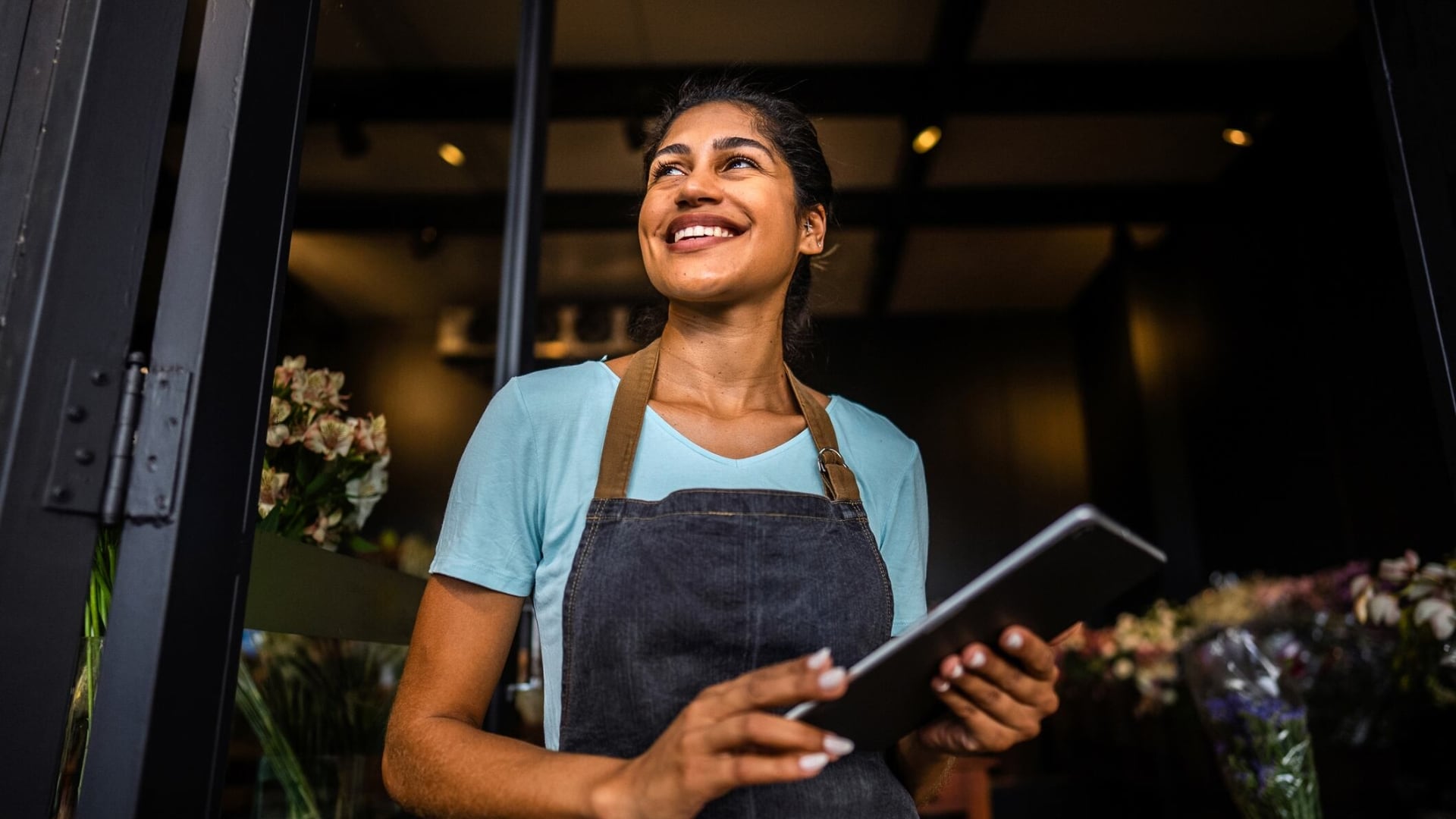*By Michael Teich* Investors seemed to shrug off a recently tumultuous market for tech stocks and a slew of potential challenges unique to speaker maker Sonos. The company's shares soared as much as 40 percent on Thursday, the stock's first day of trading, despite pricing below their expected IPO range. Mike Groeninger, Sonos's vice president of finance and investor relations, told Cheddar the company knew what it was getting into. "Tech had back to back to back down days, Facebook had a record-setting decline, so we knew we were in a tough tech market to price new companies," Groeninger said in an interview at the Nasdaq. "I think, importantly, we set a price where we are thrilled about the long-term investors we have. We're starting today. We're much more concerned about where the stock price is three years from now than where it is today." Sonos sold nearly 14 million shares in its IPO at a price of $15 each ー the company had targeted an offering between $17 and $19. But even at the high end of *that* range, Sonos would have been valued at less than $2 billion, below the $3 billion [some analysts](https://www.marketwatch.com/story/sonos-confidentially-files-for-ipo-that-could-come-this-summer-2018-04-25) thought it would be worth back in April. It's not just struggles in the broader tech market that affect the company. After all, there's no shortage of competition in the home audio market. Though Sonos has teamed up with Amazon to integrate its Alexa digital assistant technology into its devices ー it plans to strike similar deals for Apple's Siri and Google Assistant ー the company acknowledged in its [SEC filing](https://www.sec.gov/Archives/edgar/data/1314727/000119312518223064/d403417ds1a.htm) that those partnerships could be yanked at any time. For now, though, Groeninger isn't worried. "Amazon values our seven million households," he said. "Ultimately we think they care what customers want, as we do, and we think we're delivering the best customer experience, providing unbelievable sound and quality, and complementing that with choice, and that's a winning formula." "We continue to embrace the partnerships and have no concerns about that changing in the future." Another plus: consumer loyalty. Sonos said nearly 60 percent of its customers own at least two of its devices, and 40 percent own three or more. "People look at consumer electronics, and they don't think of recurring revenue, they don't think of repeat business," Groeninger said. "Our model's about building phenomenal products that last a long time and that encourage you to buy more over time." Sonos started trading on the Nasdaq with the ticker 'SONO' at $16 a share. The stock closed up nearly 33 percent to finish the day at $19.91. For more on this story, [click here](https://cheddar.com/videos/sonos-share-soar-on-wall-street-debut).
